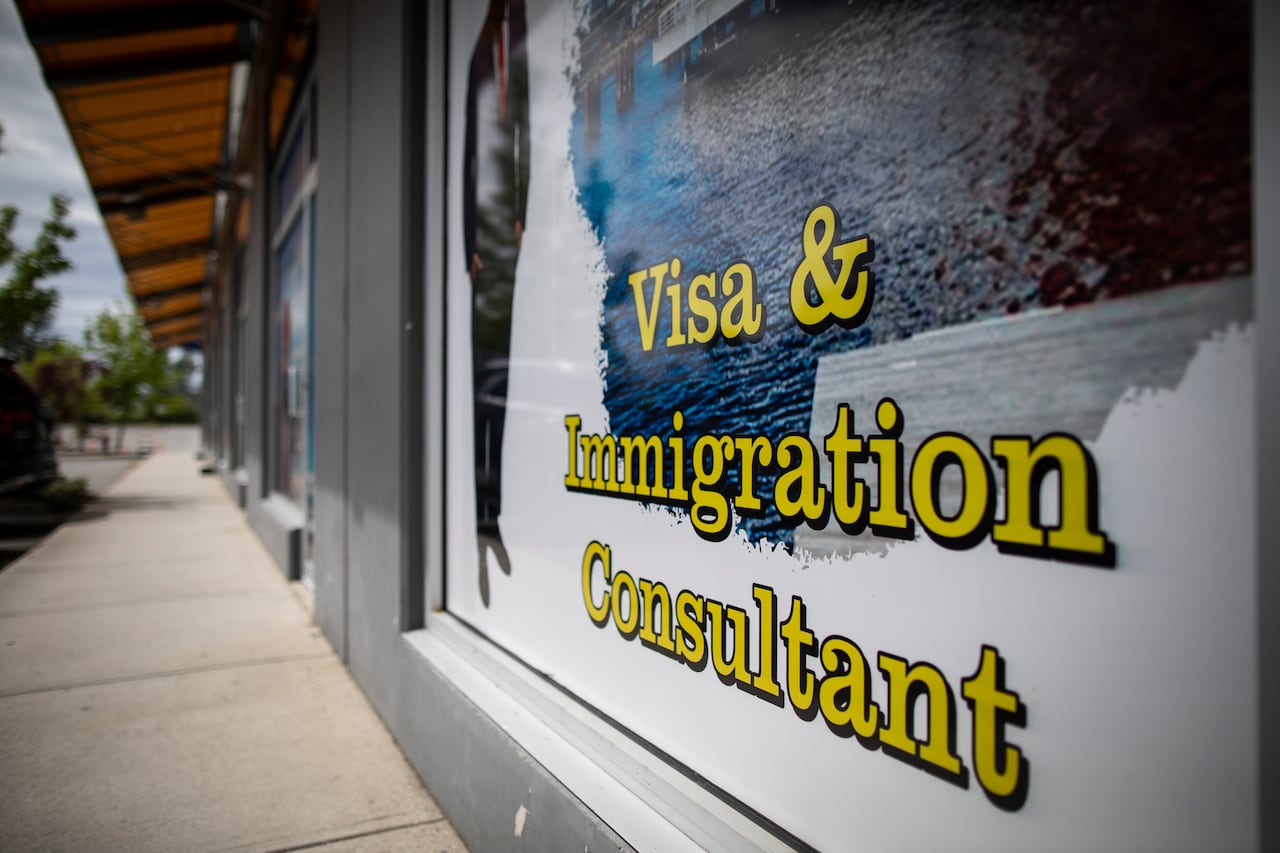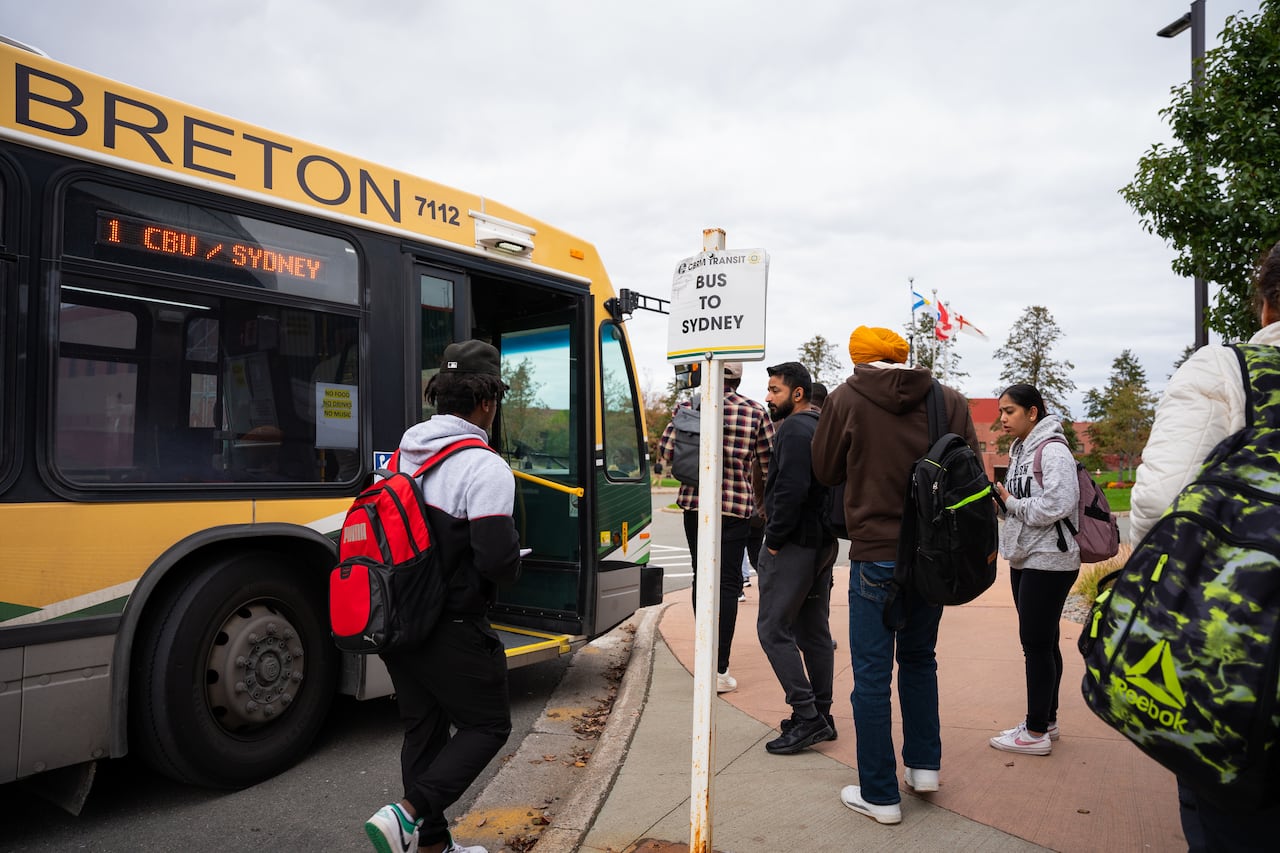The number of Canadians who say the federal government is letting in too many immigrants has spiked in recent years — and among Conservative voters the swing is even more dramatic, according to a new poll from Environics Institute.
The Canadian consensus that adding more newcomers is generally a positive development is crumbling — and it’s largely driven by most Conservative voters moving to a starkly more negative position on the immigration system.
The number of Conservative voters surveyed who say there’s too much immigration has doubled over the last five years from 41 per cent in 2020 to 82 per cent — the highest number Environics has ever recorded for any demographic group in the 48 years it has been tracking opinions on this question.
That 82 per cent figure is significantly higher than the overall number of Canadians who say too many immigrants are coming in, which clocked in at 56 per cent this year — a number that has also moved sharply higher in the last five years.
Keith Neuman, a senior associate at Environics Institute, said there has been “a very striking sea change in opinion over a very short period of time” on immigration in the post-pandemic era.
The declining support comes after the last Liberal government turbocharged the number of newcomers, which caused the population to grow by about one million people a year for three years in a row, according to Statistics Canada.
That surge has tested the housing market, health-care capacity and Canadians’ patience — and it’s Conservatives in particular who are responding most negatively, says Neuman.
While there has also been a post-COVID uptick in Liberal and NDP voters who say the government is admitting too many people, those figures actually declined slightly in the last year.
“We have seen over the past two decades growing division on immigration and this year shows that gap has widened noticeably,” Neuman told CBC News.
In the past, how a person votes federally didn’t tell you much about their views on immigration, Neuman says.
In 2001, for example, 44 per cent of Liberal voters and 37 per cent of New Democrats said the number was too high — not far off from the 47 per cent of Conservatives who said the same in that year’s Environics survey.
But the firm, which has been asking roughly the same question of Canadians since 1977, reports that the gap between Conservative, Liberal and NDP voters is now the largest on record.
While the reasons vary greatly, Environics found the most commonly cited explanation was frustration with the government’s handling of the file and unease with how the volume of immigrants has affected the economy and housing.
There’s no evidence to suggest this opposition is driven by racial animus or xenophobia, Neuman says, adding that only a small number of immigration skeptics surveyed cite the threat to Canadian culture as the reason to dial back immigration.
Plus, there is little difference in the opinions of people who are first-generation Canadians and those who were born here, he says.
And it’s not just Environics that is tracking shifting political opinions.
A recent survey from Nanos Research found nearly three-quarters of Canadian respondents now support reducing the number of new immigrants.
Abacus Data, another polling firm, has also been tracking the crumbling support. What was once a relatively marginal political issue has climbed up the list of national priorities. Nearly a third of voters surveyed last month said immigration is one of their top three issues.

(Ben Nelms/CBC)
Former federal Conservative immigration minister Jason Kenney said “the single biggest failure and worst legacy of the Trudeau government was taking the broadest, pro-immigration consensus in the democratic world and turning it upside down.”
He said some voters, including many newcomers, are migrating to the Conservatives “because they believe the Liberals have completely screwed up the immigration system” by allowing a massive spike in international students — the number of active study permits hit one million in 2023 — and temporary foreign workers (TFWs).
“I wouldn’t characterize this as some sort of rural, old-stock Canadian reaction to immigration,” Kenney said of the polling data, but rather a sign that the government needs to cut numbers further to restore trust.
“We need to significantly reduce intake and weed out the fraud to save the immigration system itself.”
For much of the last 25 years, immigration was something of a third rail in Canadian politics, with few elected officials publicly questioning its value.
On that issue, too, there’s been a major about-face — the federal Conservatives are responding to the dramatic shift in public opinion with a new suite of policy proposals.

Leader Pierre Poilievre is calling for “hard caps” on newcomers that go beyond what the Liberals have already announced, an end to the TFW program and a crackdown on bogus refugee claimants.
The party’s immigration critic, Michelle Rempel Garner, is also demanding the government tighten up who’s eligible for birthright citizenship to weed out so-called “anchor babies” born here to foreign nationals with no legal status.
Prime Minister Mark Carney has also put the immigration system on notice, saying the levels have not been “sustainable” and a more “focused” approach is required.
“It’s clear that we must improve our overall immigration policies,” he said at a caucus retreat in Edmonton last month.
Phil Triadafilopoulos, a professor of political science at the University of Toronto Scarborough who studies immigration and conservative politics, said the Conservatives said relatively little about immigration numbers when the influx was at its highest point last year, “and it seems like they’ve decided to make up for that silence.”
“The party is much more strident in their criticism of the government and using language that’s a lot sharper than what we’re used to seeing in Canada,” he said.
Triadafilopoulos said it’s a tricky balancing act for Poilievre because “there is a well-spring of support among the party base for a different approach to immigration” but a tougher stance on newcomers has “burned them in the past.”
He said past Conservative campaign promises to create a barbaric cultural practices hotline, push through a so-called “niqab ban,” and revoke the citizenship of terrorists may have cost them some seats in immigrant-heavy areas of Toronto in the 2015 election.
“There must be some trepidation and anxiety in the party’s strategy sessions about how best to be critical of immigration without driving away support from new Canadians, who they absolutely need if they’re going to win a majority government,” he said.
“They are dipping their toes in, but I think they’re still very cautious and for good reason.”

www.cbc.ca (Article Sourced Website)
#Conservative #voters #immigrants #coming #Canada #poll #CBC #News
